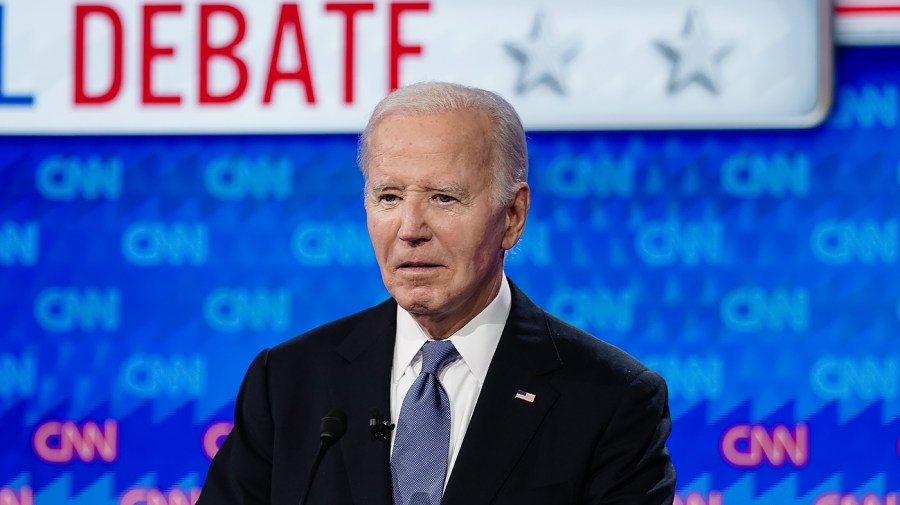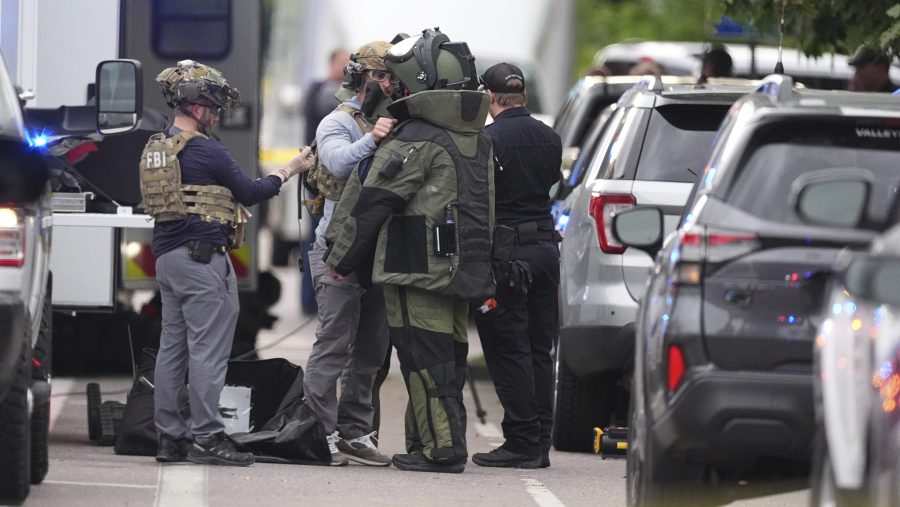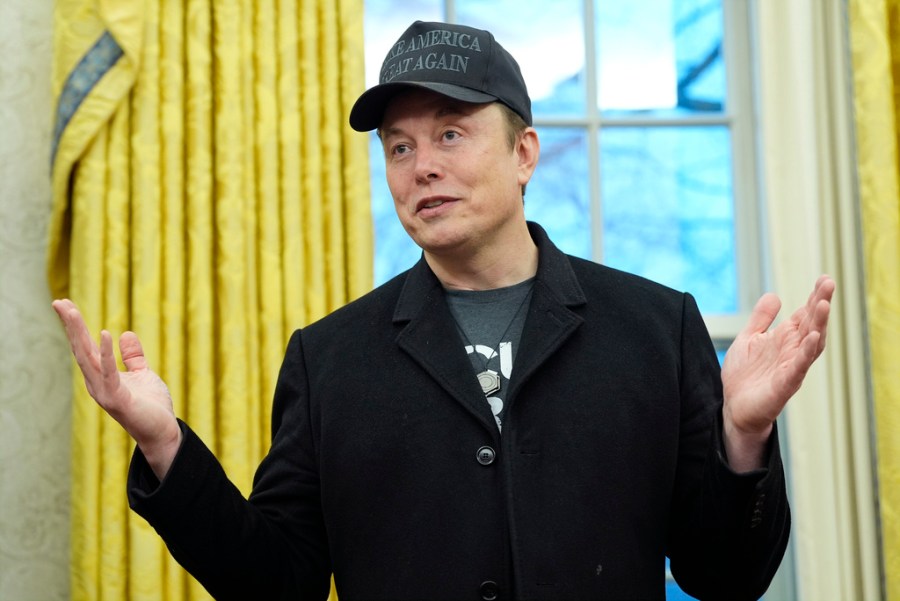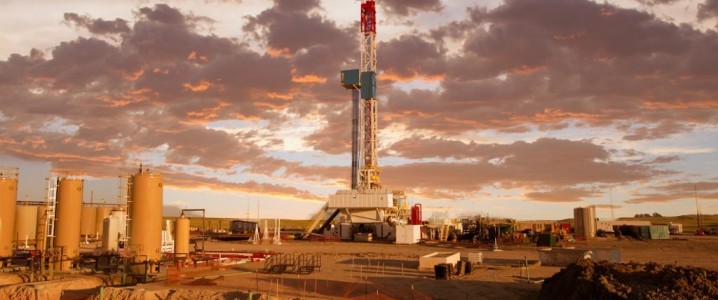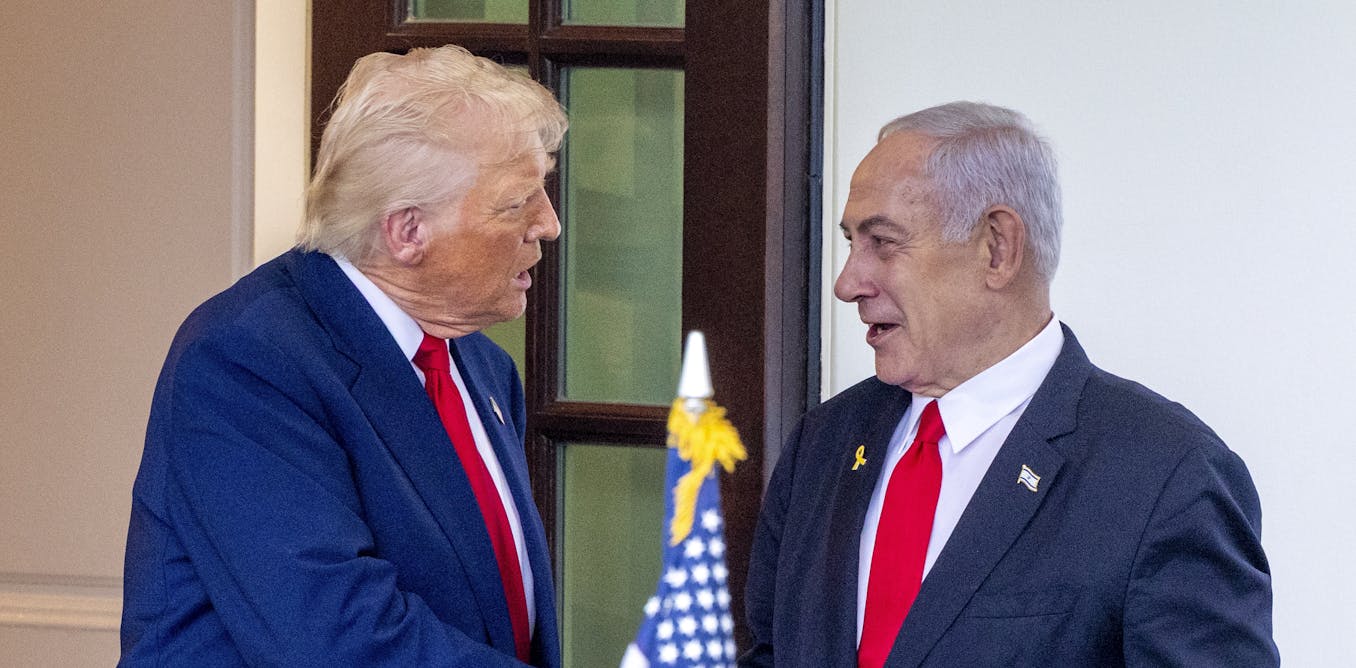Now Reading: Most South African farmers are black: why Trump got it so wrong
-
01
Most South African farmers are black: why Trump got it so wrong
Most South African farmers are black: why Trump got it so wrong

When world leaders meet, it is expected that they discuss issues based on verified facts prepared by their staff. A meeting at the White House on May 21 between South Africa’s president, Cyril Ramaphosa, and US president Donald Trump was disappointing as it mischaracterized life in South Africa. The televised meeting discussed agriculture, farming, land, and rural crime, but Trump’s views on these issues were skewed. As agricultural economists, we have tried to present the real facts about South Africa’s agriculture in various publications, as official data on agriculture and land ownership in South Africa is incomplete.
The incomplete and inaccurate data leads to radical statements and misinformation, as seen in Trump’s claim that black people are not farmers in South Africa. The reality is that there are more black farmers than white farmers in the country, and most farm operations can be classified as micro or small-scale. The silence of South African farmers’ organizations in response to Trump’s claims is concerning, as the US is an important market for South African agriculture.
Trump’s dismissive response to Ramaphosa’s concerns about rural crime and the number of black farmers further highlights the need for fact-checking. Data from various sources show that there are a significant number of black farmers in South Africa, challenging Trump’s statement. It is crucial to understand the true landscape of South Africa’s agricultural sector and promote honest facts.


